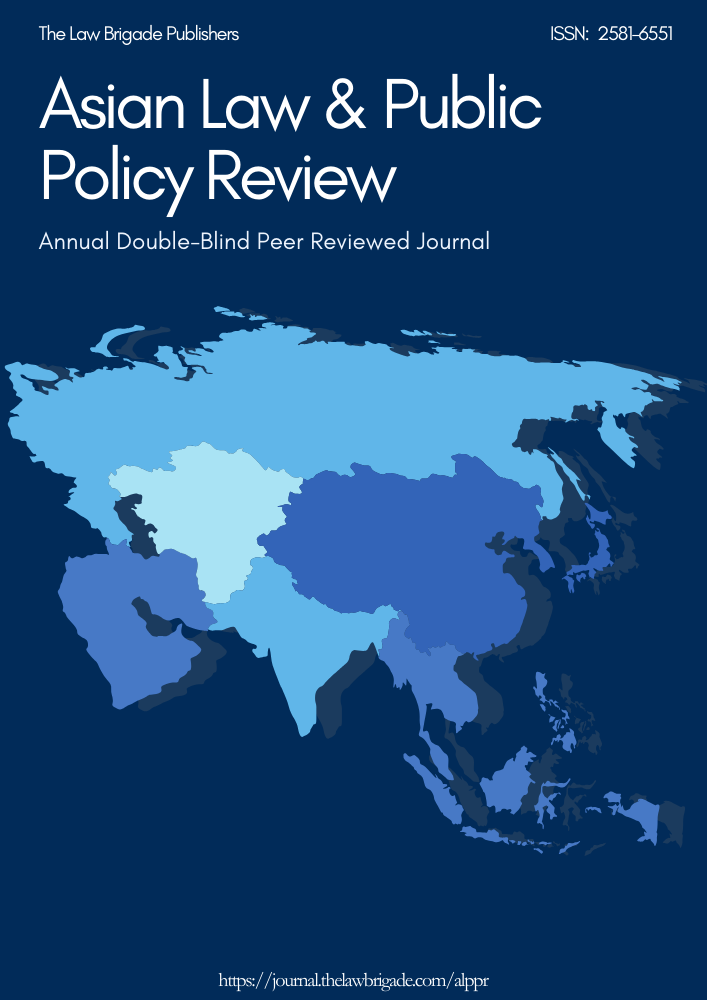Smith V. Hughes
Keywords:
contract law, ad idem, Smith v HughesAbstract
Smith v. Hughes is a venerable and often cited case which is as familiar as it is foundational to students’ understanding of Contract Law. It is frequently alluded to as the best exemplar of the Objectivity Test in practice. The case revolves around a dispute over sale of oats. An objective approach was applied where the fact that the parties were 'ad idem' and at cross purposes to the terms of the case were considered to be of the most importance, regardless of subjective considerations. The Jury spoke about the ‘Caveat Emptor’ Rule – Let the Buyer Beware wherein the element to void the contract is that the jury should not merely find that the seller is selling old oats but also that the buyer shall believe that he is buying old oats as the seller contracted to sell old oats. The consensus ad idem of parties in the contract was missing. The case draws a picture wherein it requires to accept an incoherent approach of Contract law which confidently asserts the dominance of objective test in ascertaining contracting parties’ intentions but might permit a switch to subjective approach occasionally. The author will elaborate, on the principle of objectivity approach as well as the switch to subjectivity approach which deals with the intention of parties, in the paper.
Downloads
Downloads
Published
Issue
Section
License

This work is licensed under a Creative Commons Attribution-NonCommercial-ShareAlike 4.0 International License.
License Terms
Ownership and Licensing:
Authors of research papers submitted to any journal published by The Law Brigade Publishers retain the copyright of their work while granting the journal specific rights. Authors maintain ownership of the copyright and grant the journal the right of first publication. Simultaneously, authors agree to license their research papers under the Creative Commons Attribution-ShareAlike 4.0 International (CC BY-SA 4.0) License.
License Permissions:
Under the CC BY-SA 4.0 License, others are permitted to share and adapt the work, even for commercial purposes, provided that appropriate attribution is given to the authors, and acknowledgment is made of the initial publication by The Law Brigade Publishers. This license encourages the broad dissemination and reuse of research papers while ensuring that the original work is properly credited.
Additional Distribution Arrangements:
Authors are free to enter into separate, non-exclusive contractual arrangements for distributing the published version of the work (e.g., posting it to institutional repositories or publishing it in books), provided that the original publication by The Law Brigade Publishers is acknowledged.
Online Posting:
Authors are encouraged to share their work online (e.g., in institutional repositories or on personal websites) both prior to submission and after publication. This practice can facilitate productive exchanges and increase the visibility and citation of the work.
Responsibility and Liability:
Authors are responsible for ensuring that their submitted research papers do not infringe on the copyright, privacy, or other rights of third parties. The Law Brigade Publishers disclaims any liability for any copyright infringement or violation of third-party rights within the submitted research papers.


